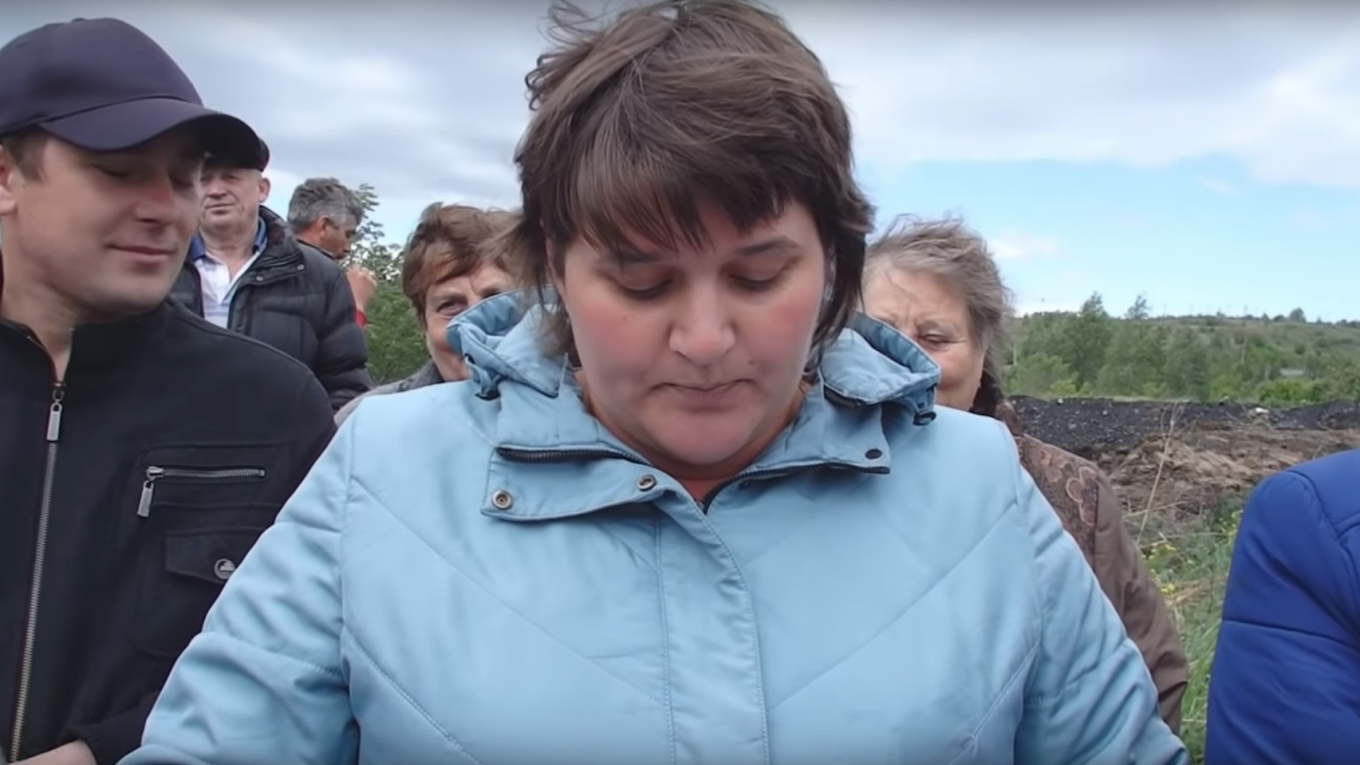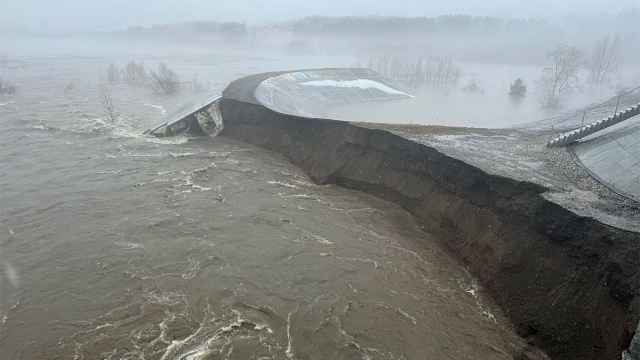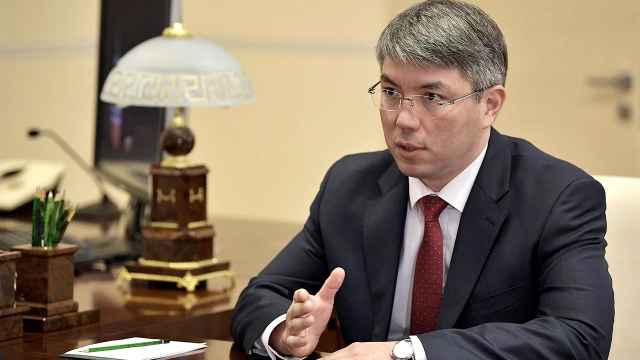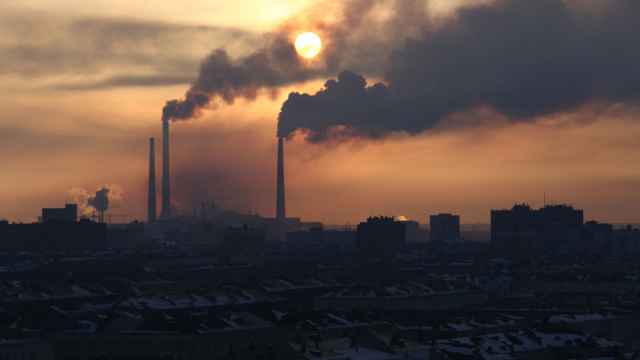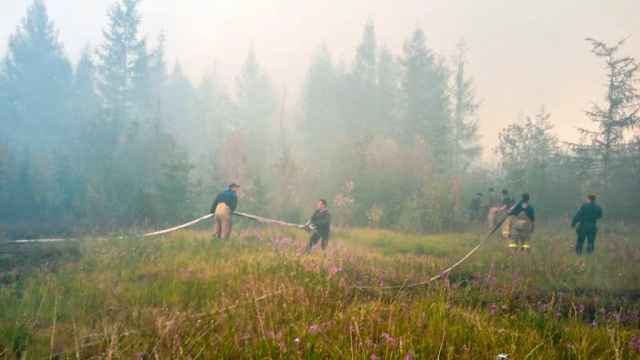A group of Siberian residents who asked for Canadian asylum over the weekend, citing worsening environmental conditions, will only be able to apply for the status if they’ve left Russia, local media cited Canada's immigration ministry as saying on Tuesday.
Residents of the Siberian coal-mining town of Kiselyovsk posted a video appeal for asylum on Saturday addressed to Canadian Prime Minister Justin Trudeau and UN Secretary-General Antonio Guterres. In the appeal, they cited the deteriorating ecological situation in their hometown caused by “barbaric” coal mining practices near residential areas and “a state of environmental disaster.”
“The ecology of our city and region is getting worse every day, while we, the citizens of this country, are being noticed less and less and people are dying more and more from diseases,” they said.
"We are tired of waiting for changes, and it’s dangerous to wait any longer,” they added.
The Kiselyovsk residents' requests can only be considered if the applicants qualify as refugees under immigration law, Canada's immigration ministry’s press service was quoted as saying by the MBKh news website in a response to the video on Tuesday.
At the same time, the decision on whether to classify an individual as an environmental refugee is made on an individual basis, the ministry added.
The Kemerovo region where Kiselyosk is located made headlines this winter after photos showing snow covered in black coal ash appeared online. Tests conducted in the region in February revealed more than double the permissible amount of pollutants in the air.
“We don’t want to betray our country, we just want to survive and have guarantees that we, as humans, mean more than minerals in the bowels of the earth," the residents said in their appeal on Saturday.
They added that they chose to apply for asylum in Canada because its climate is similar to Siberia’s.
A Message from The Moscow Times:
Dear readers,
We are facing unprecedented challenges. Russia's Prosecutor General's Office has designated The Moscow Times as an "undesirable" organization, criminalizing our work and putting our staff at risk of prosecution. This follows our earlier unjust labeling as a "foreign agent."
These actions are direct attempts to silence independent journalism in Russia. The authorities claim our work "discredits the decisions of the Russian leadership." We see things differently: we strive to provide accurate, unbiased reporting on Russia.
We, the journalists of The Moscow Times, refuse to be silenced. But to continue our work, we need your help.
Your support, no matter how small, makes a world of difference. If you can, please support us monthly starting from just $2. It's quick to set up, and every contribution makes a significant impact.
By supporting The Moscow Times, you're defending open, independent journalism in the face of repression. Thank you for standing with us.
Remind me later.


